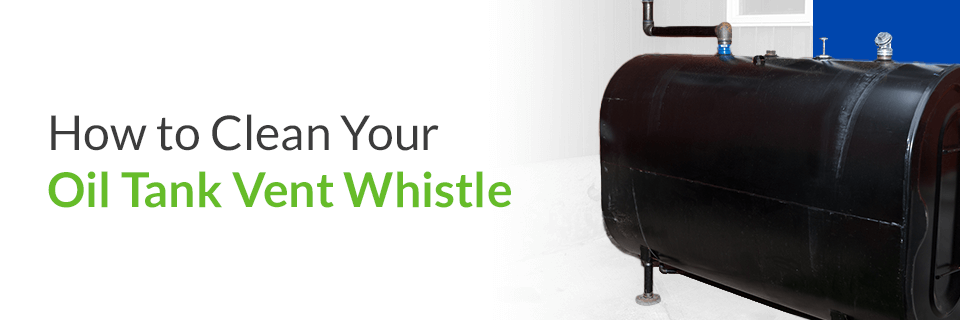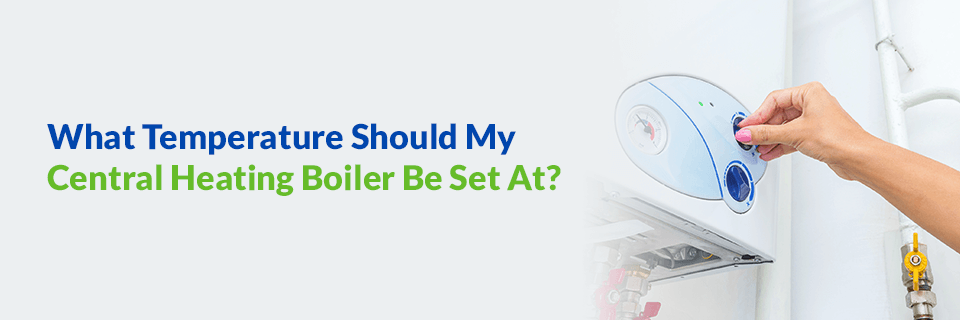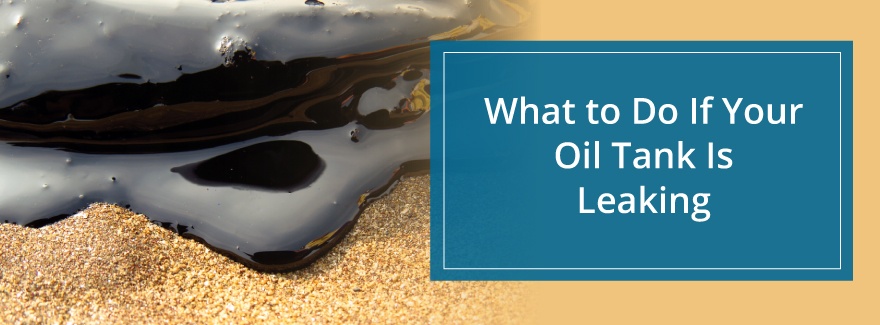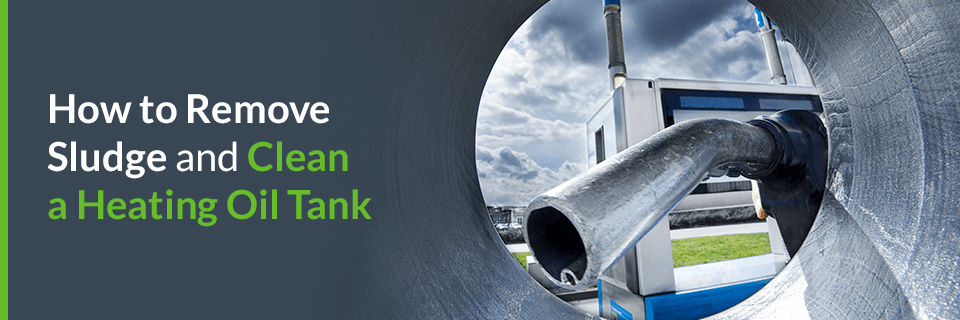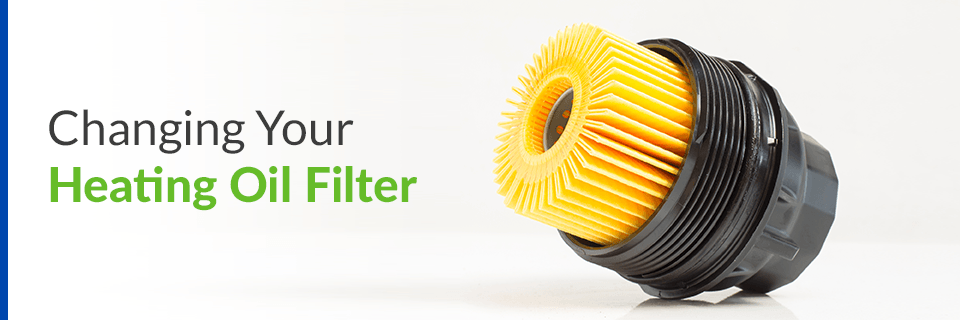Your furnace is instrumental in keeping your home warm in the winter. Its mechanical abilities allow it to transform cold air into warm air that then travels into your house, making your living space cozy and comfortable. As your furnace ages, it's more likely to have broken parts or a decline in function. Sometimes, you may hear strange sounds coming from your furnace, ranging from dull rumblings to loud screeching and grinding.
If you are one of many homeowners who use an oil tank to heat their home, you know that there are several crucial steps to maintaining it properly. From servicing your oil furnace and tank regularly to keeping up with new oil deliveries, proper maintenance is essential for your home's proper heating safety and efficiency.
Topics: heating oil, oil, oil tanks
It can be challenging to determine the best temperature for your central heating boiler. With fluctuating exterior temperatures and varying hot water needs, the settings for your boiler may differ greatly from the next person. Knowing what type of central heating boiler you have in your home and typical temperature settings will help you determine the best temperature for your boiler or hot water cylinder. Learn what the recommendations are so you can heat your home efficiently.
Topics: heating systems
Many Northeastern homeowners choose oil tanks for an affordable, long-term heating solution. While the low maintenance and simple design of oil tanks generally provide longevity, a replacement will be necessary once the tank approaches its life expectancy. Without annual maintenance, oil tank replacements may be required even sooner than anticipated.
Topics: oil tanks
You rely on your heating oil tank to store the oil you need to keep you warm all winter long. Winters in the Northeastern United States can be bitter, so having enough oil on hand is paramount to your family's comfort. Thoughts of your oil tank may slip your mind throughout the year, but if you run out of oil or the tank malfunctions, it suddenly becomes a prevalent issue.
When the cold winter months of the Northeastern United States arrive, proper heating is essential. You rely on your oil heater to keep you comfortable and warm, but how often do you think about your thermostat? If you have an old-school dial thermostat, it may be time for an upgrade.
Topics: heating oil, oil
As a homeowner, you face many potential problems. Fire, wind damage, floods and even earthquakes, tornadoes and hurricanes affect property in some parts of the United States. But one area many homeowners don’t consider is the problem of an oil tank leak. Depending on whether your oil tank is located inside or outside, the size of the leak and how long it’s been taking place, there is the potential not only for dramatic pollution problems, but some serious costs as well.
Topics: oil tanks
Heating your home is essential during the colder months — especially in the Northeastern United States, where winter can change from mild to tumultuous overnight. When cold weather approaches, ensure you are ready to keep your family warm with an adequate supply of home heating oil. To prepare, learn more about the different types of heating oils and what they're used for. Take a closer look at the difference between diesel fuel and No. 2 fuel oil, since they have the biggest impact on your needs for heating your home this winter.
Topics: heating systems
Heating oil tanks accumulate thick, gel-like sediment, also known as sludge, over time. Every few years, as the sludge begins to grow, you might find yourself unsure of what to do. Is it a big problem? Do you need to clean it? Is it so bad that your tank needs replacement? Don't let heating oil sludge cause you stress this winter. Be proactive by cleaning your tank or calling in a professional to take that sludge off your hands.
Topics: heating oil
Heating is a significant undertaking in most homes. Heating costs more and consumes more energy than any other household system, generally accounting for around 42% of a home's utility bill. You need your system to run efficiently to give you the most value for your investment.
- What Is a Heating Oil Filter?
- What Are the Benefits of Changing Your Heating Oil Filter?
- How Often Should You Change Your Heating Oil Filter?
- How Can You Tell When Your Heating Oil Filter Needs to Be Replaced?
- How to Change Your Heating Oil Filter
- Tips for Changing Your Heating Oil Filter
- Partner With Smart Touch Energy for Your Heating Oil Needs
Topics: heating oil, heating systems



